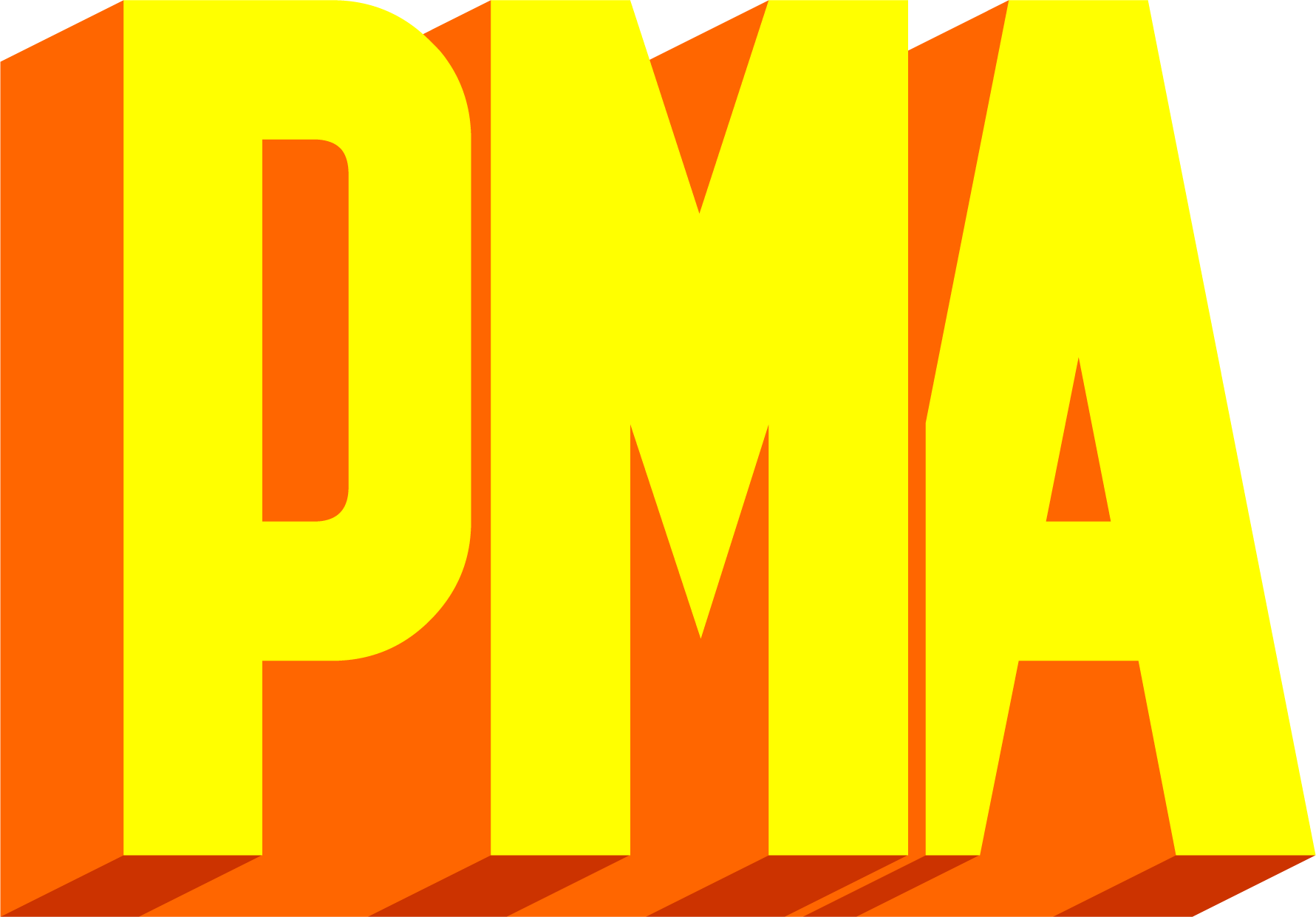Indigenous coastal tribes have inhabited land adjacent to some of the best surfing breaks in Washington State for millennia, but for obvious reasons (cold being primary), the tribes never developed a surf culture like the indigenous people of Hawaii. While they spend a great deal of time out on the water fishing and hunting, they historically have not ridden waves. However, wave riding on tribal lands by outsiders has been going on for years, bringing some modest economic stimulus with it. To the people who live closest to the breaks, surfing has largely been something that other people come and do in their backyard. A beach break is an incredible resource, but the indigenous people who were poised so perfectly to make the most use of it, were not surfing very much, with a few exceptions.
It turns out the reason that tribal kids weren't surfing was pretty straightforward; they didn't have the gear, and they didn't have the history with the sport. NOAA scientist Abigail McCarthy was volunteering with the Surfrider foundation and begging for gear from local surf shops to supply their annual Washington surf camp, while the founders of Warm Current were collecting wetsuits to bring to kids in Peru. The two efforts seemed like a natural pairing, and 10 years later, Abigail is the director of Warm Current Washington, and with the help of hundreds of passionate volunteers, brings access to surfing gear, encouragement, and instruction to tribal communities on the Washington Coast.
ABIGAIL MCCARTHY
WARM CURRENT PROGRAMS DIRECTOR, WASHINGTON STATE CHAPTER
"These kids live right next to the ocean and the barriers to surfing are instruction, equipment, and supervised access. That's a couple of critical steps to getting a kid involved in a passion that brings them closer to the ocean literally and figuratively. The Makah, the Hoh, the Quileute, the Quinault, and other coastal tribes in Washington have long-standing relationships with the ocean, which are completely their own and something we would never touch. At the same time they have tourists coming in and surfing, and some of these tribes view surfers as a destabilizing influence. People who party, and leave trash on the beach. In Washington, as surfers, these camps are our way of saying, here we are, we want to share this with you. It’s a pretty basic and pure joy. We provide the gear, it’s entirely volunteer run and staffed, we host beach clean-ups, and we get to take kids out and have a really good time surfing with them. So being able to bring that joy, and share that with kids, who are already there...this is their backyard...and it's our way of thanking them for sharing it with us."













